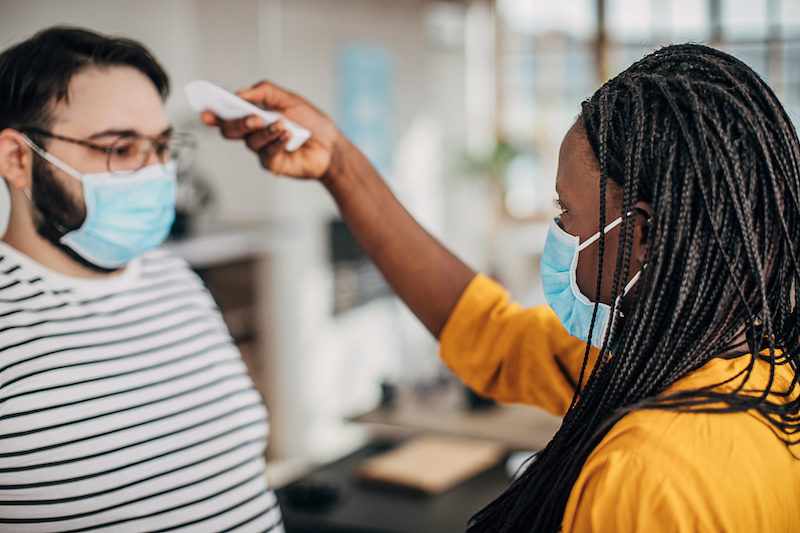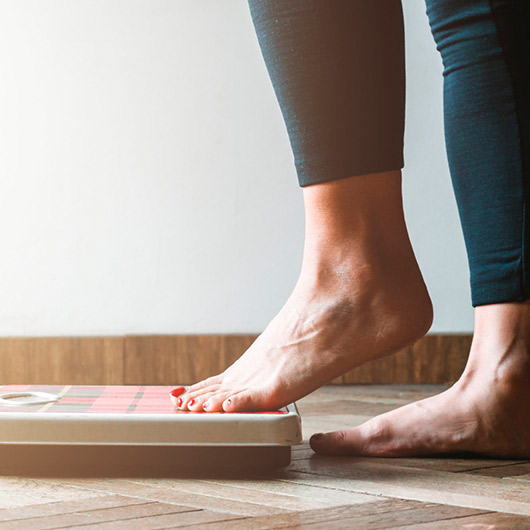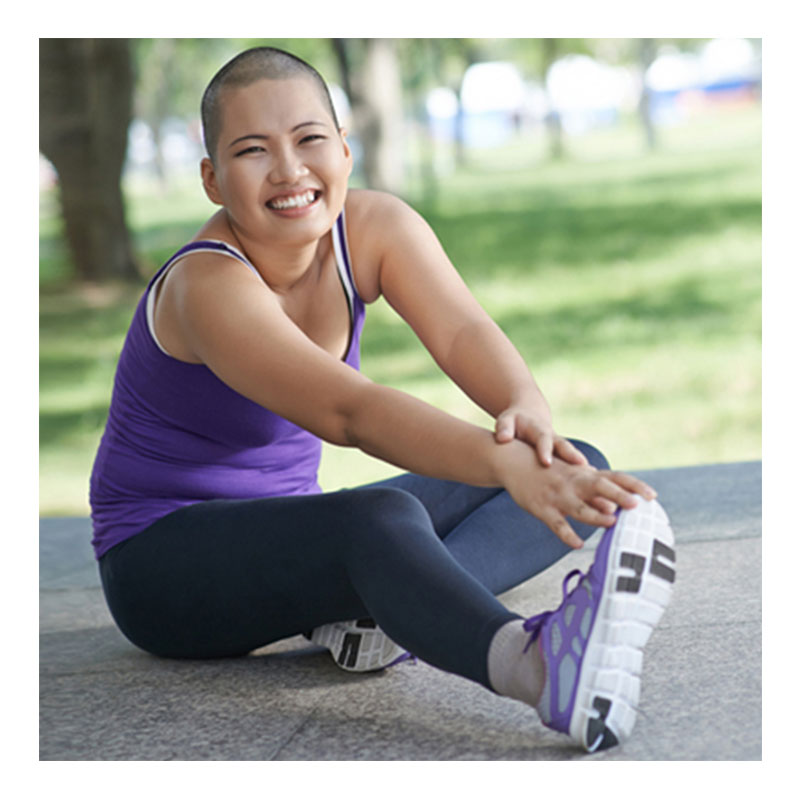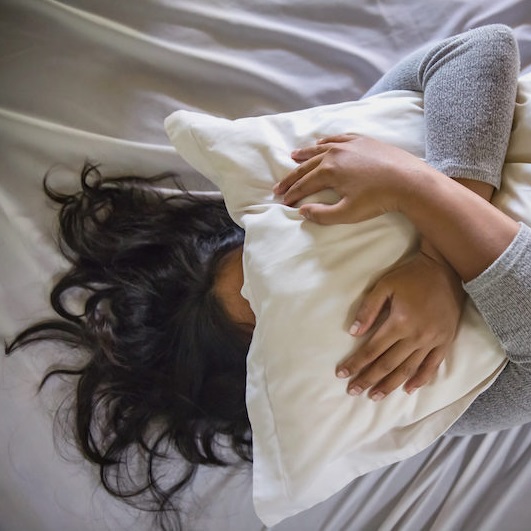Obesity and COVID-19: What We Know, What You Can Do

January 13, 2021
Researchers have learned a great deal about who is most at risk of severe illness from COVID-19. Preliminary studies early in the pandemic identified obesity as a risk factor for serious illness, especially in people under age 60.
Months later, these increased risks have been confirmed and further quantified. The good news is that if you are obese, there are steps you can start taking now to create a weight loss plan and improve your health. We talked to our experts about what steps you can take to stay safe and start your weight loss journey.
What We Know About Obesity and COVID-19
Studies of large numbers of COVID-19 patients have generated dramatic findings regarding the influence of obesity on patient outcomes. People with COVID-19 and a body mass index (BMI) of 30 or more were found to have:
- more than double the risk of being hospitalized (a 113% increased risk)
- a 74% greater need for critical (intensive) care services, including ventilation
- a 48% higher risk of dying from the infection
People who are obese often have other health problems as well, including heart disease, diabetes, and sleep apnea, or difficulty breathing well when they sleep.
It is thought that the link between obesity and worse COVID-19 outcomes may be due to impaired immunity and chronic inflammation that is commonly seen in people with excess body fat. Research has shown that higher levels of inflammatory proteins were among the top signs in predicting that the condition of a patient with COVID-19 may become critical.
What's even more concerning to doctors is that 25-30% of Americans are overweight and 43% of those individuals are obese, according to Hans J. Schmidt, M.D. FACS, chief of the bariatric surgery division and director of the Center for Bariatric Medicine at Hackensack University Medical Center. "This means that nearly half the population is already in a high-risk category for severe COVID-19 infection," he explained. He and his colleagues are now examining the medical center's own data on more than 3,000 COVID-19 patients to see how outcomes vary according to different BMI levels above 30.
How do you know if you are obese? Calculate your BMI now.
How to Control Your Weight at Home
It’s understandable for many folks to be putting on weight because they feel stuck at home during the pandemic and may be eating in response to stress or boredom. But being at home is actually the perfect time to take control of your diet and exercise habits and start working toward a healthier you.
"Being at home more means you're able to do some things you may not have the opportunity to do in your normally busy life," said Dr. Schmidt. Here are some tips:
- Get cooking. If you're working from home and not commuting, take advantage of the extra time to make healthy meals. Use that time to shop for healthy foods such as fruits, vegetables, whole grains, and high-fiber/low-fat foods.
- Step lively. Take a walk around your neighborhood, hike in a nearby park, or participate in one of the many exercise programs that are available online and on your streaming services — many for free.
- Take a deep breath. If you're feeling stressed and ready to reach for a sweet or salty snack, try meditation, yoga, or other mind-body techniques to calm your mind. Many of these are also available virtually.
Continue to Be Safe
If you are obese, be extra sure to take the recommended precautions to avoid contracting the virus, such as:
- Practicing good hand hygiene through frequent handwashing and use of hand sanitizer
- Social distancing by staying at least six feet away from other people
- Staying home as much as possible, especially if you are sick
- Wearing a mask if going out in public or in your own home when someone from outside your "quarantine pod" comes into your house
- Consider getting a COVID-19 vaccine when it is available to people in your area
Next Steps & Resources
- Meet our clinical contributor: Hans J. Schmidt, M.D. FACS
- To make an appointment with Dr. Schmidt, or a doctor near you, call 800-822-8905 or visit our website.
- CDC BMI Calculator
- Register for a virtual weight loss seminar
- Are you a candidate for bariatric surgery? Take a Health Risk Assessment to find out.
Sources
- Obesity Reviews. 2020;21:e13128
- Journal of the American Medical Association: Obesity’s COVID-19 Risks
The material provided through HealthU is intended to be used as general information only and should not replace the advice of your physician. Always consult your physician for individual care.
Does COVID-19 Make You Lose Weight?

COVID-19 is a respiratory illness. So why do so many patients who have it lose weight? Our experts explain the connection.
7 Things to Know About Weight-Loss Surgery

Affecting more than 40 percent of Americans, obesity can cause type 2 diabetes, hypertension, coronary heart disease, stroke, gallbladder disease, sleep apnea, osteoarthritis, chronic pain, depression and some types of cancer.

How to Prepare for Your COVID-19 Vaccine
You’re probably already daydreaming about the things that you’ll do once you’re fully vaccinated, but have you considered what to do to get ready for your appointment?

Is Surgery Safe During COVID-19?
Surgery can cause anxiety, and patients are even more uneasy now due to COVID-19.

Top 3 Weight-Loss Surgery Myths
Aram E. Jawed, M.D., bariatric surgeon at JFK University Medical Center clarifies misconceptions about weight-loss surgery.

Can COVID Cause Insomnia?
Dubbed “coronasomnia,” sleepless nights can also be caused by a total disruption of daily routines, monotony in the day or complete lack of a daily routine.